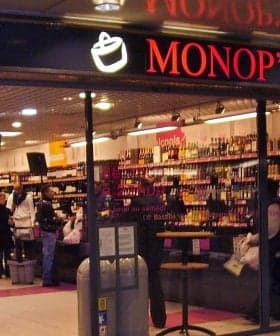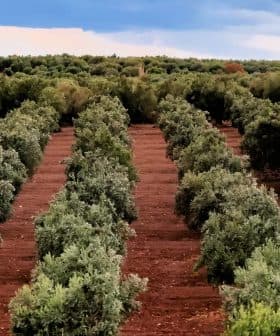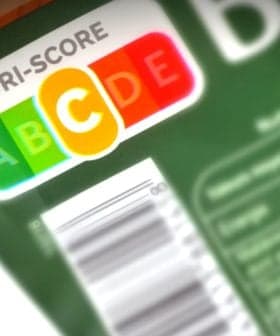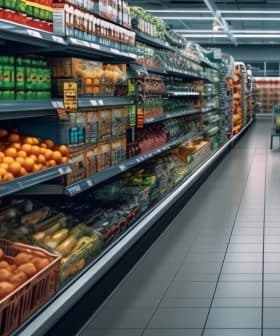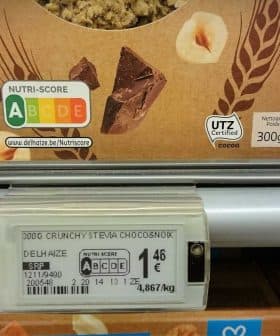Deoleo Agrees to Settle Lawsuit for $7 Million
The Spanish olive oil behemoth will settle with plaintiffs, paying out $7 million as well as agreeing to change labels and take measures to improve quality.
Deoleo, the parent company of Bertolli and Carapelli olive oil brands, has agreed to settle a class-action lawsuit for $7 million and change the labeling on their products after being accused of misleading customers into thinking the oil was of Italian origin when it contained olives from other countries. The settlement, likely to be approved in May, will require the company to remove the phrase “Imported from Italy” from their products and conduct stricter quality tests on their oils before exportation.
The producers of the Bertolli and Carapelli brands of olive oil have settled a class-action lawsuit for $7 million and agreed to change the labeling on their packages.
Defendants charge a premium by deceiving customers into believing that their oil is of Italian origin.
In May, 2014, seven plaintiffs filed a complaint against Deoleo, USA and Med Foods, Inc — both of which are subsidiaries of the Spanish olive oil multinational, Deoleo, SA — alleging that the company had fraudulently labeled some of its olive oils as “Imported from Italy” when olives from at least seven other countries had been used.
The settlement will likely be approved in May when the two sides return to court. Plaintiffs are reportedly pushing for the class of consumers to be expanded from the original six states filed in the lawsuit to all 50, contending that the misrepresentation affected consumers in all states equally.
In court documents filed at the United States District Court in San Francisco, the plaintiffs said the defendants had knowingly led consumers to believe that the products were made in Italy from Italian olives in order to charge a premium price for them.
“Defendants’ conduct is false and deceptive because Mock Italian Products are made from a substantial amount of olives grown and oil pressed in many countries other than Italy,” court documents read. “The oil is not ‘Imported from Italy’ but rather is imported from a variety of countries and at best ‘packed’ or ‘bottled’ in Italy. Defendants charge a premium by deceiving customers into believing that their oil is of Italian origin.”
We are able to trace our products from the grove to the shelf. This ensures quality and consistency at every stage of production.
Deoleo, USA and Med Foods, Inc countered that each of their bottles contained a disclaimer in small font: “Product contains select high quality [olive oils] from the countries indicated by the letters below,” along with a dot matrix printed with one or more of the applicable country codes.
However, under the Tariff Act of 1930, in situations where a product is composed of ingredients from various countries of origin, all the countries must be disclosed in “close proximity” to the “imported from” or “made in” labels. The United States Food and Drug Administration further codified this in updated health and safety regulations in 2012.
As part of the settlement, the company has agreed to remove the phrase “Imported from Italy” from all of its products.
The plaintiffs also called into question whether the oil met the International Olive Council standards of extra virgin due to the use of clear, non-light protective bottles as well as inadequate storage and transportation methods.
As a result, the company has started bottling its extra virgin olive oils in dark green bottles to protect against photodegradation and has agreed to undertake stricter quality tests of its oils before exporting them.
This is not the first time Deoleo has had the quality of its Bertolli and Carapelli brands called into question. In 2016, the company issued a recall of the extra virgin olive oils of both brands in 20 states. The company was also fined that same year by the Italian Antitrust Authority for mislabeling its olive oils in Italian supermarkets.
In spite of agreeing to settle, Deoleo contended in court filings that they systematically document and certify the origin of all of their olives and olive oil.
“We are able to trace our products from the grove to the shelf,” the company stated in court filings. “This ensures quality and consistency at every stage of production.”


